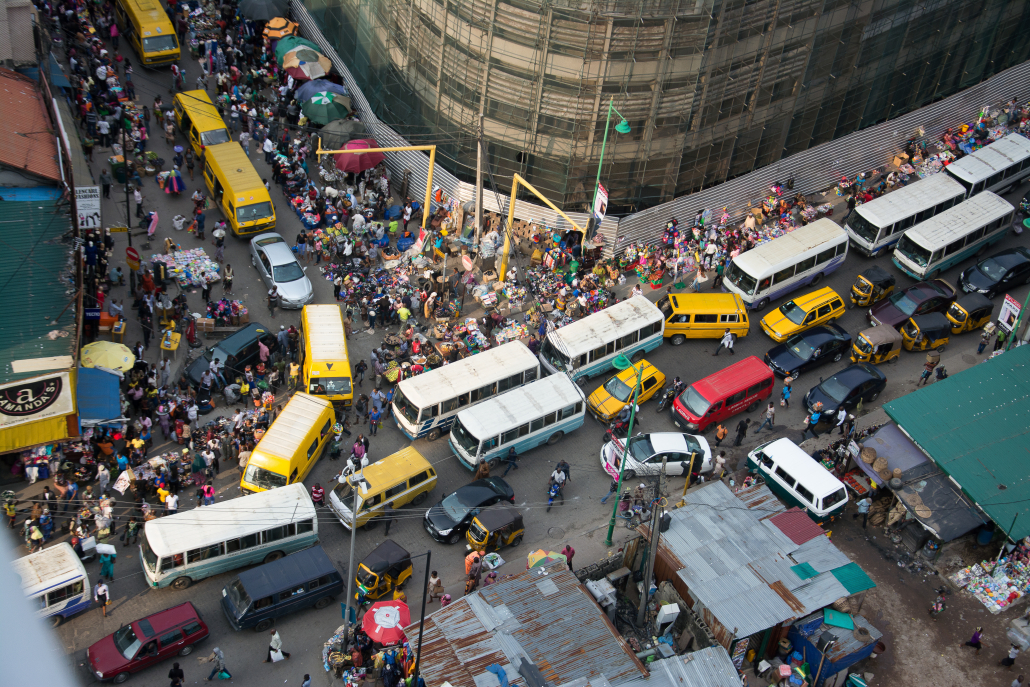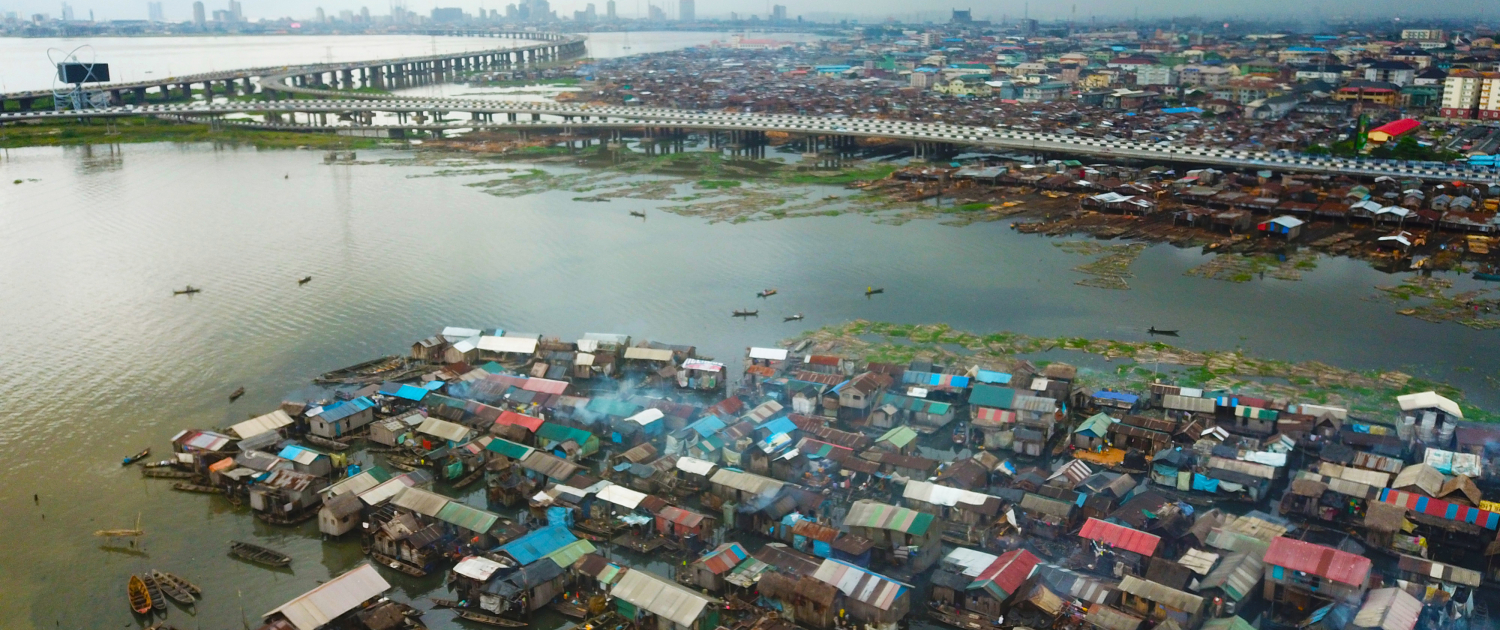Managing Environmental Issues in Lagos
Waste Disposal
Only forty per cent of the 10,000 tonnes of daily waste produced in Lagos is collected. The collected waste is dumped in landfill sites such as Olisosun. Of the waste collected, only 13 per cent is recycled by the 500 people who work the site informally. They collect and sell materials such as plastic bottles and clothing.
Uncollected waste accumulates in many parts of the city, particularly in poorer areas.
Pollution
Air pollution is a significant problem in Lagos. It is often five times higher than the international recommended limit. Most air pollution in Lagos is from poorly maintained and unregulated vehicles that fill the city’s roads. Additionally, water pollution is a significant problem due to industrial waste and domestic sewage.
Traffic Congestion
Lagos is one of the most congested cities in the world. Forty per cent of cars in Nigeria are registered in Lagos. On average, commuters spend three hours in traffic each day.

Traffic congestion in Lagos
Traffic congestion leads to many problems for Lagos residents. For example, the fatal accident rate in Lagos is 28 per 100,000 people, three times greater than in most European cities. Also, air pollution is over five times greater than the recommended limit. Significant congestion also negatively impacts businesses in the city.
The Lagos Metropolitan Area Transport Authority introduced a bus rapid transport (BRT) system with a separate bus lane that transports 200,000 commuters to Lagos Island’s central business district (CBD).
A new light railway scheme has been developed in Lagos. The Lagos Rail Mass Transit (LRMT) officially opened on 4th September 2023. The Blue Line runs from a west-east route into the CBD. The system carries seven times as many passengers as the BRT. The Red Line, which runs north-south across the city, will open in 2024. This is part of a wider Strategic Transport Master Plan for Lagos, which includes:
- an integrated transport system linking rail, road and waterways
- a waterway network to transport commuters on ferries
- dedicated bus lanes and more efficient roads
- mixed land use developments, with residential and commercial properties to reduce commuting
- a new airport on the Lekki peninsula
- improved provision for pedestrians and cyclists
Related Topics
Use the images below to explore related GeoTopics.



